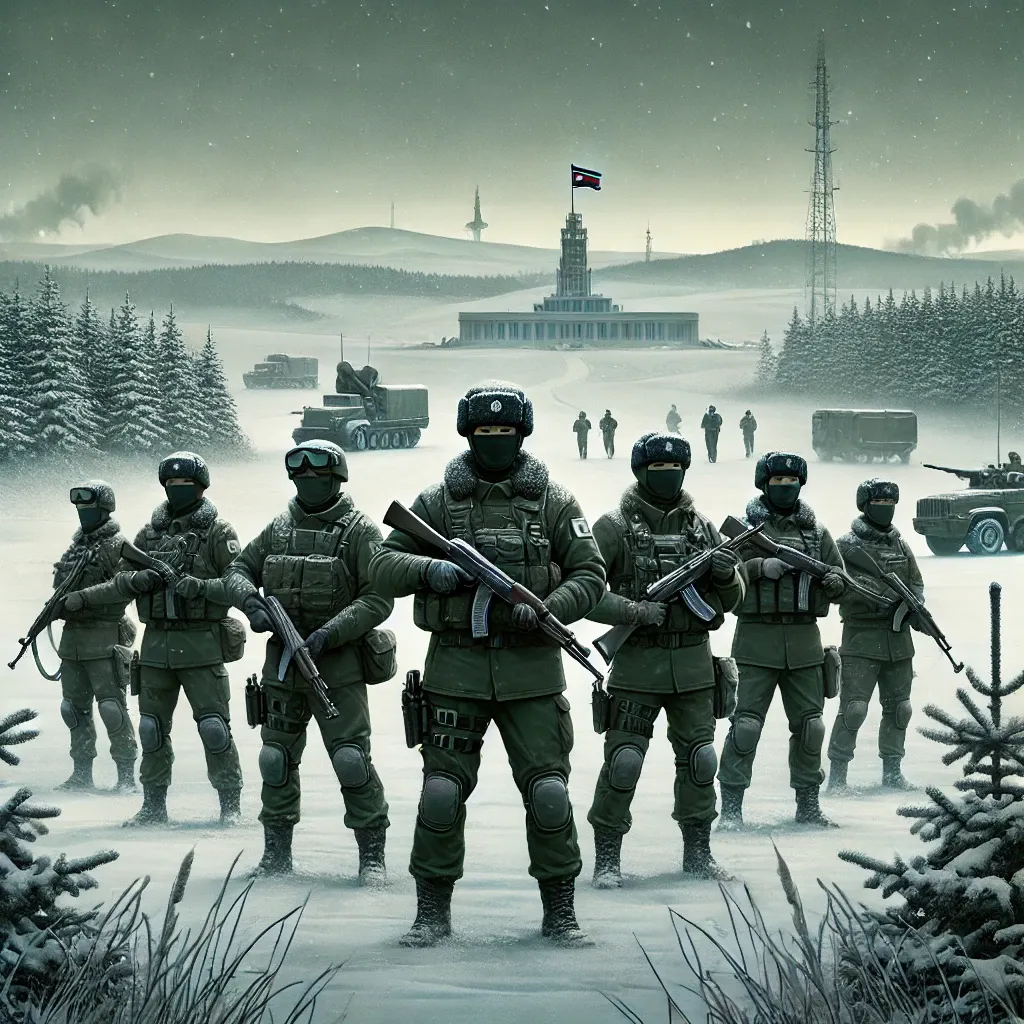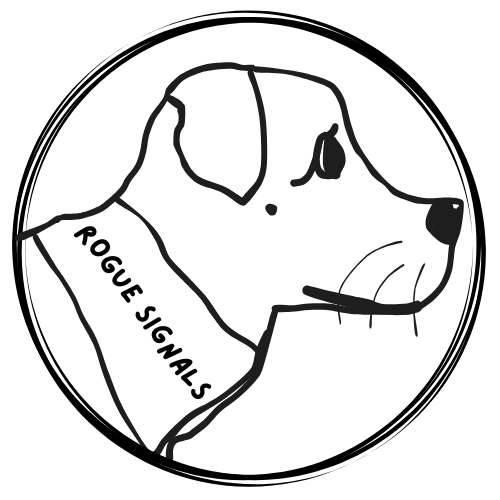North Korean Troops Positioned in Russia’s Kursk Region, Raising Concerns Over Possible Ukraine Deployment

Western intelligence sources have revealed that North Korean soldiers have been positioned in Russia's Kursk region, close to the Ukrainian border. While no official confirmation exists on whether these forces have crossed into Ukraine, their presence has stirred international concern about potential support for Russian military efforts against Ukraine.
The Pentagon confirmed earlier this week that a contingent of North Korean troops has indeed arrived in western Russia, though U.S. officials could not verify any active combat involvement within Ukraine. According to reports from both U.S. and Ukrainian intelligence, approximately 10,000 to 12,000 North Korean troops have either reached or are en route to Russia’s western territories. These soldiers are reportedly stationed in training facilities across eastern Russia and the Kursk region, where they may serve in support roles or as reserve forces for Russia’s ongoing operations in Ukraine
Strategic Implications of North Korea’s Involvement
The involvement of North Korean soldiers in Russia represents a deepening alliance between Moscow and Pyongyang. Russian President Vladimir Putin and North Korean leader Kim Jong-un recently renewed their partnership with agreements that emphasize mutual defense, signaling a commitment to support each other’s military interests. Analysts suggest that this alliance could lead to new forms of military cooperation, including logistics support, intelligence sharing, and possible joint training initiatives.
However, despite the heightened collaboration, there is still no confirmation of direct combat roles for North Korean troops in Ukraine. Many experts believe North Korean soldiers may primarily take on logistical and reserve roles, supporting Russian forces rather than engaging in frontline combat. This would align with recent reports that North Korean troops stationed in Kursk are currently undergoing training to adapt to Russian military tactics and equipment
North Korean and Russian Collaboration: Risks and International Reactions
The presence of North Korean soldiers in proximity to Ukraine’s border marks an unusual escalation in foreign involvement. Western allies, including NATO and South Korea, have expressed concerns about the implications of North Korea’s support for Russia, with some speculating that this could further destabilize the region and potentially prompt other nations to reassess their own defense strategies. South Korea has hinted at potential increases in military aid to Ukraine, viewing North Korea's collaboration with Russia as a significant shift that warrants close monitoring.
Ukrainian President Volodymyr Zelensky has also raised concerns that North Korea’s participation could signify a troubling precedent for global conflict involvement. While NATO has not yet adjusted its policies based on North Korean involvement, there is an acknowledgment that the alignment between North Korea and Russia adds complexity to the existing geopolitical landscape.
What This Means for the Conflict
With North Korea now a more visible ally for Russia, the dynamics of the Ukraine conflict may shift as both sides continue to seek external support. Should North Korean forces enter Ukraine, this development could not only extend the conflict but also introduce new variables for NATO and allied nations to address. For now, the international community remains watchful, gauging the full implications of North Korea’s emerging role.
